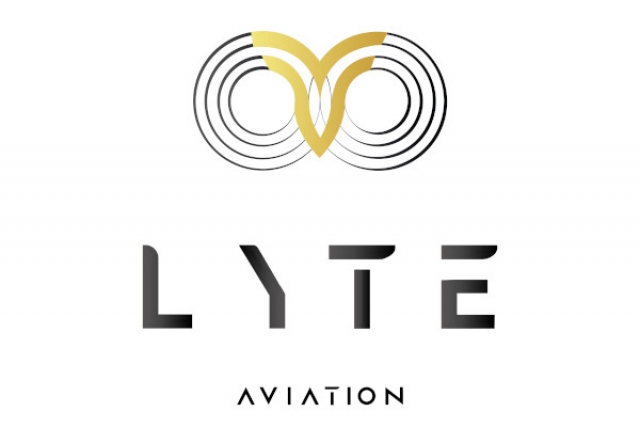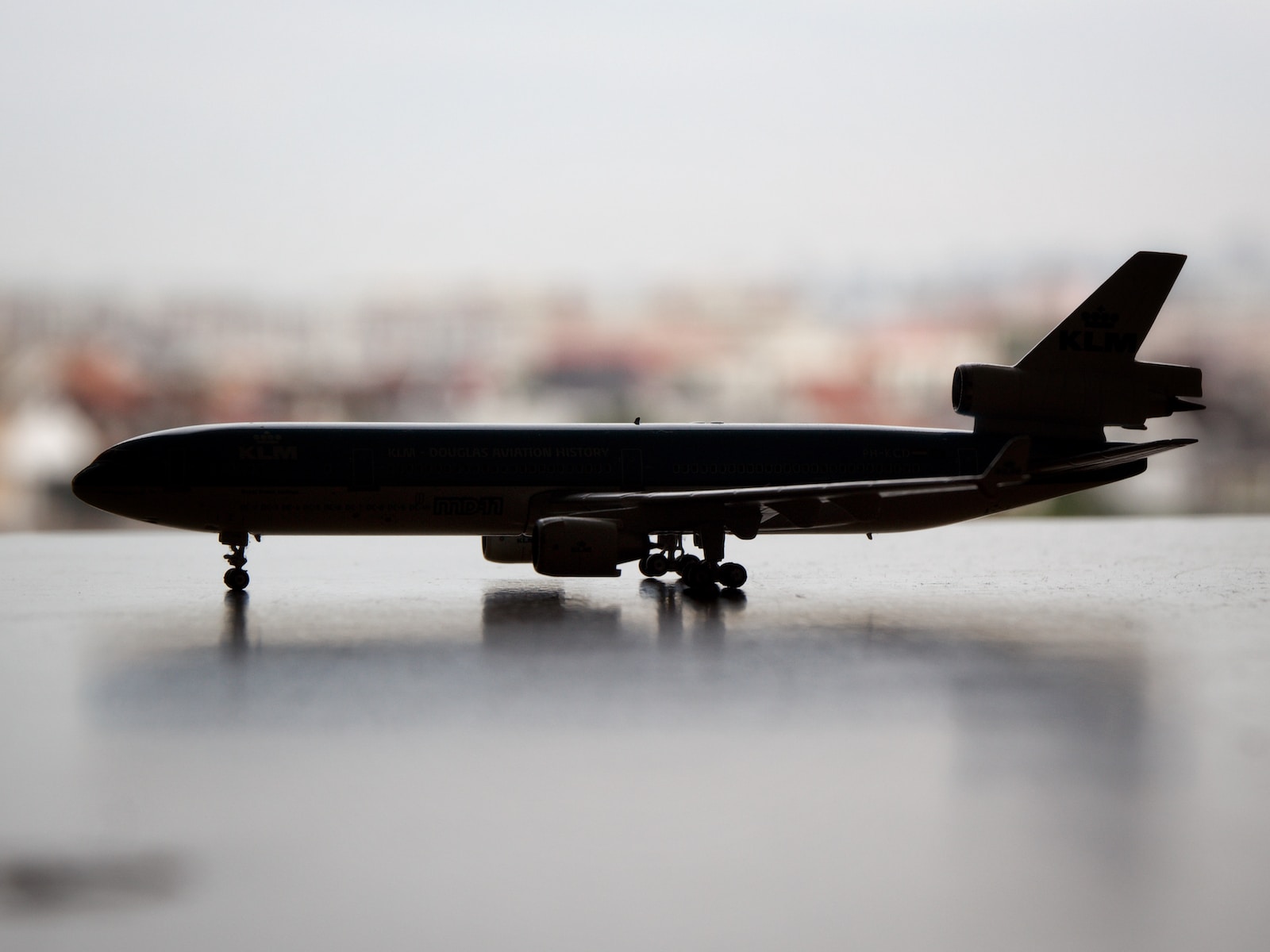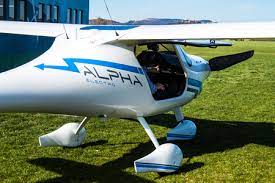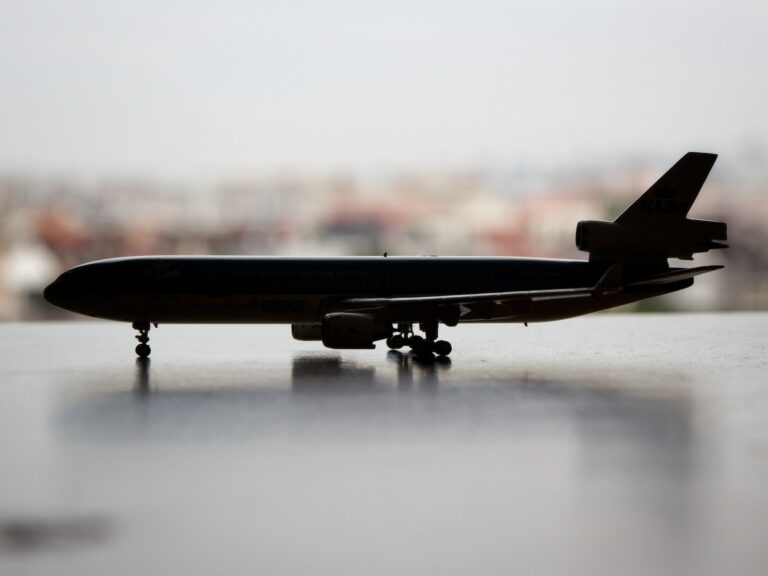PSSTT…We bring the most interesting, fun, profound, and incredible news from the aviation world!
Share your thoughts with us.
Date:26/03/2023
Lyte Aviation has unveiled its latest aircraft concept

Attention-grabbing urban air mobility company Lyte Aviation has unveiled its latest aircraft concept, the Skybus, a 40-seat eVTOL (electric vertical takeoff and landing) aircraft. The company has stated that the new aircraft can be used as a “flying bus” for urban and suburban transportation, particularly in dense cities where traffic congestion is a problem.
The Skybus is designed to operate on various routes, from short hops between nearby locations to longer journeys between cities. Its electric power source makes it an eco-friendly alternative to traditional aeroplanes and buses, and its compact size means it can operate from smaller airfields with shorter runways.
While the Skybus is still conceptual, Lyte Aviation says it will work closely with regulators and industry partners to bring the aircraft to market. The company has a proven track record in eVTOL development, having previously unveiled the Skytug, a smaller aircraft designed for logistics and cargo transportation.
The Skybus is just one of several eVTOL aircraft designs currently being developed by companies worldwide. With technological advancements and regulatory changes making it easier than ever to introduce new aircraft to the market, there has been a surge of interest in urban air mobility in recent years.
Overall, the Skybus represents an exciting new chapter in the future of transportation, offering a revolutionary new way to move people and goods around cities. While it may be some time before the aircraft is operational, its unveiling is a promising sign of continued innovation and progress in the aviation industry.
Boeing donates $5.1 million

Boeing has significantly contributed to aviation safety by donating $5.1 million to Embry-Riddle Aeronautical University’s Aviation Safety and Security Program. The donation will fund research and education initiatives to improve aviation safety and security measures.
As part of the donation, Boeing has committed to supporting ongoing research projects at the university, including developing new technologies for detecting and preventing aviation accidents. Funds will also be allocated towards establishing a scholarship program for students pursuing aviation safety and security degrees.
The donation is part of Boeing’s ongoing commitment to promoting aviation safety and advancing innovation in the industry. The company has prioritized safety as a core value and invested heavily in research and development initiatives to improve aircraft design and operation.
Embry-Riddle Aeronautical University is recognized as a global aviation education and research institution. Its Aviation Safety and Security Program has helped to advance new strategies for preventing accidents and enhancing crisis response.
Overall, the donation from Boeing to Embry-Riddle Aeronautical University is a significant development for aviation safety and underscores the importance of collaborative efforts in advancing safety measures in the industry. By working together, industry leaders like Boeing and academic institutions like Embry-Riddle can drive progress towards a safer and more secure aviation landscape.
Australia’s first commercially-produced electric aircraft

Australia has taken a significant step towards sustainable aviation with the unveiling of the country’s first commercially-produced electric aircraft. The ‘Alpha Electro G2’ plane is a two-seater aircraft designed for pilot training and short aerial tours.
The aircraft has been developed by the Australian aviation company Electro Aero, which specializes in electric aviation technology. The Alpha Electro G2 has a range of up to 80 kilometres and can reach speeds of up to 167 kilometres per hour. It is powered by a 34 kW electric motor and will be equipped with the latest safety features, such as an airframe parachute, making it a safe and efficient option.
The Alpha Electro G2’s carbon footprint is significantly lower than its traditional combustion-engine counterparts, making it an excellent choice for environmentally-conscious aviation enthusiasts. It also offers lower operating costs than conventional aircraft, a significant advantage in a world where fuel costs continue to rise.
Electro. Aero plans to start the Alpha Electro G2 deliveries in the coming months, with several orders already in place. In addition, the aircraft has garnered interest from several training schools and regional airlines looking to adopt more sustainable and cost-effective aviation options.
Overall, the Alpha Electro G2 unveiling marks a significant milestone for the aviation industry in Australia and beyond. As more companies explore the potential of electric aviation, we can expect to see more eco-friendly aircraft added to fleets and more sustainable air travel options for the future.
